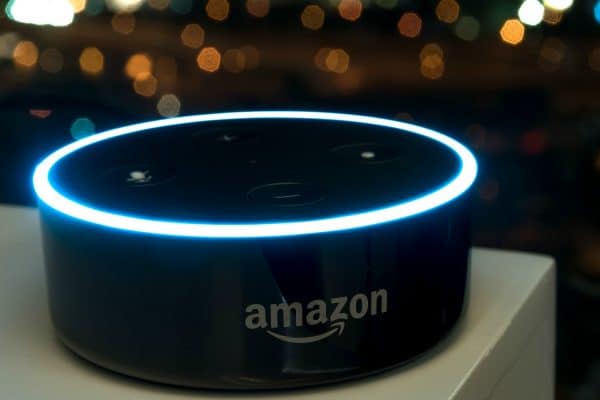We live in a world where staying connected all the time feels like a necessity rather than a choice. Even if you have a job where being constantly available via email isn’t par for the course, staying up to date with Instagram likes and followers, the funniest tweets and messages from our Facebook friends is important to us all and can have a huge impact on how happy we feel. A study from Baylor University discovered that those who accessed their phones frequently may even be attempting to improve their emotional well being. So why would a #Phonefreefriday help with this and is it worth doing ourselves?
The onslaught of technology
The amount that we use technology has changed drastically over the last few years. Many in their 20s and 30s will remember the switch from VHS to DVD and tape to CD to MP3, and their parents will remember even bigger changes, like the rise of the home computer. Now it’s commonplace for each family member to have their own laptop, iPad and/or mobile phone. Videos even do the rounds online showing children who have no idea how to use a landline phone! The more serious impact of technological advances is that children now spend on average around 17 hours per week with their eyes glued to a screen, and only 8.8 hours playing outside.

For some parents, engrossing their children in their favourite shows or games provides some light relief or distraction while the everyday jobs need doing. For others it’s a way of familiarising their children with technology. Whether or not this is a bad thing is up for debate, but it’s thought that exposure to social media isn’t massively beneficial from a developmental perspective.
The detrimental effect of notifications
It’s not only young children that can be affected by these influences. The pressures of social media, which can include trying to look as though your life is perfect as well as being constantly available online, have led teenagers to increase their risk of depression and anxiety. Many adults are expected to be constantly available online too, with many of us familiar with receiving a work call or an email while technically off the clock.
The stress, however slight, of replying to these messages is something that we’ve all felt. Most of us are aware that this is an unhealthy infringement on our private lives. But did you know just how big an effect evading these notifications could have?

The benefits of a #Phonefreefriday
As reported in New Scientist, a study on behalf of Carnegie Mellon University and Telefonica discovered that it’s extremely difficult for people to even think about switching off their notifications. The study, called the Do Not Disturb Challenge, initially asked for participants to switch off their notifications for a week. However, they had to change this to 24 hours when no-one offered to participate.
Those that did eventually take part ended up being much more productive and less distracted than they had previously been. Two years after the study saw many of the participants carrying through better management of their notifications. This means that even a short break from your phone can make a big difference in the long run.
However, on the other hand, many participants felt anxious about what they may be missing out on, as well as concerned about whether their contacts would think they were being snubbed if they didn’t respond quickly enough. This was more often the case for those individuals who were known to respond quickly. Those who were known to take their time when replying were less likely to have this emotional response.

Read more: 5 Current Internet Scams You Should Tell Your Grandparents About
Having a #Phonefreefriday
If you like the idea of taking a break from your phone with a #Phonefreefriday then you’re not alone. We all want to find a bit more time to switch off and there’s no doubt it will improve the quality of your downtime. Phones have different triggers that might make you feel stressed just when you’re trying to switch off. This could be in the form of a flashing home screen, or a vibration from non-stop Whatsapp group conversations.
Disable every notification that isn’t absolutely essential and especially those that make you jump a little. These are especially disruptive, whether you’re concentrating or trying to take a breather. Instead, make a mental note to check your messages and emails after a certain amount of time. For emails this could be every hour or every half an hour. Other forms of communication can be safely kept to every two hours – you won’t miss much, trust us! For more direction on how to separate yourself from your mobile phone, see this article from thenextweb.com.
What do you think of having a #Phonefreefriday? Try and and see if it makes a difference to you! Visit our Stress Not section for more help on unwinding.



















